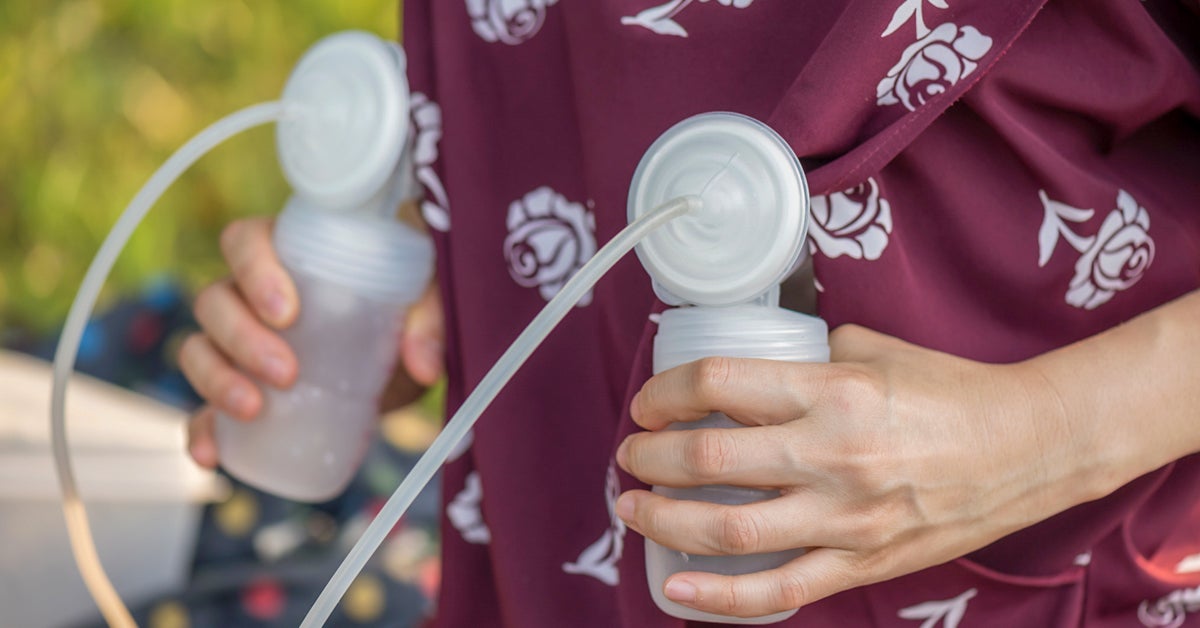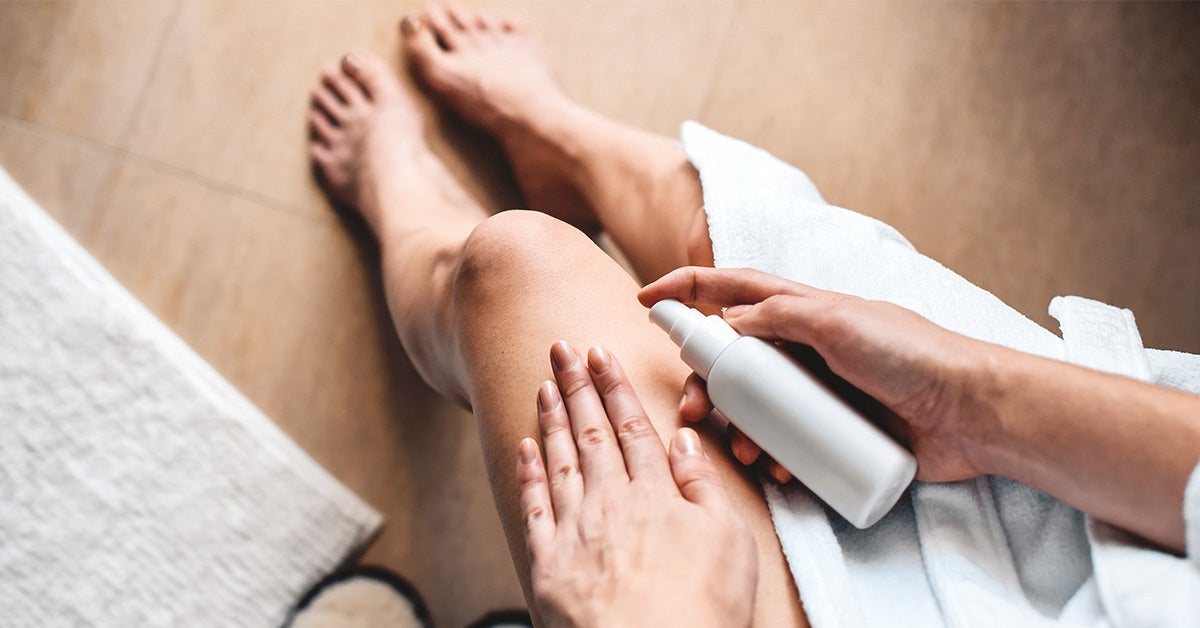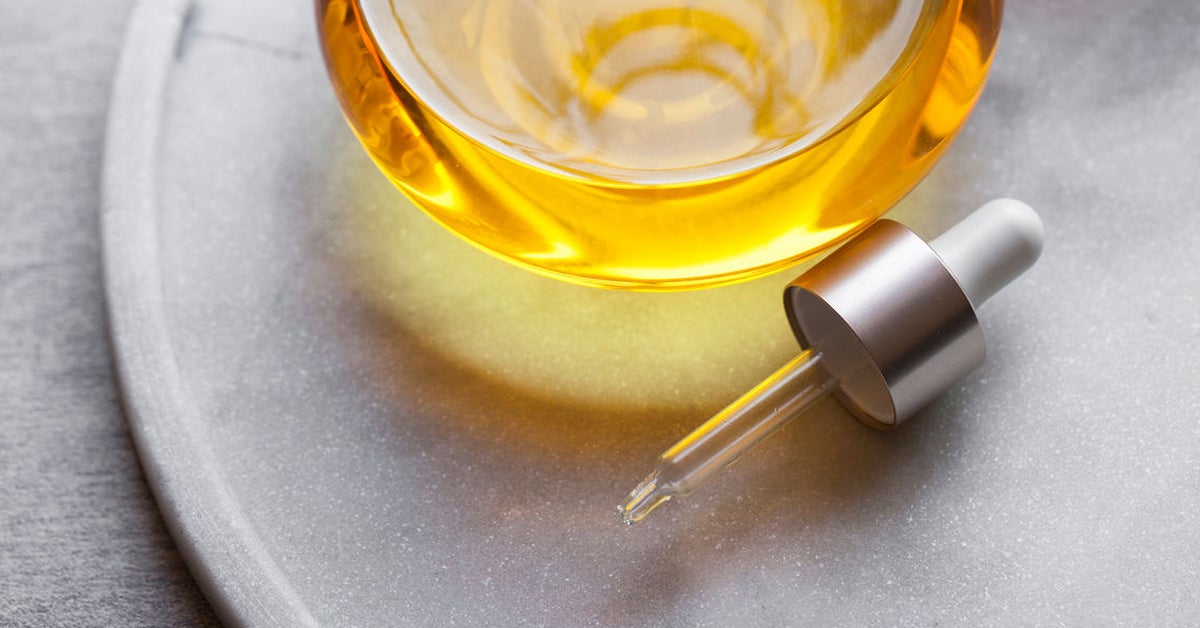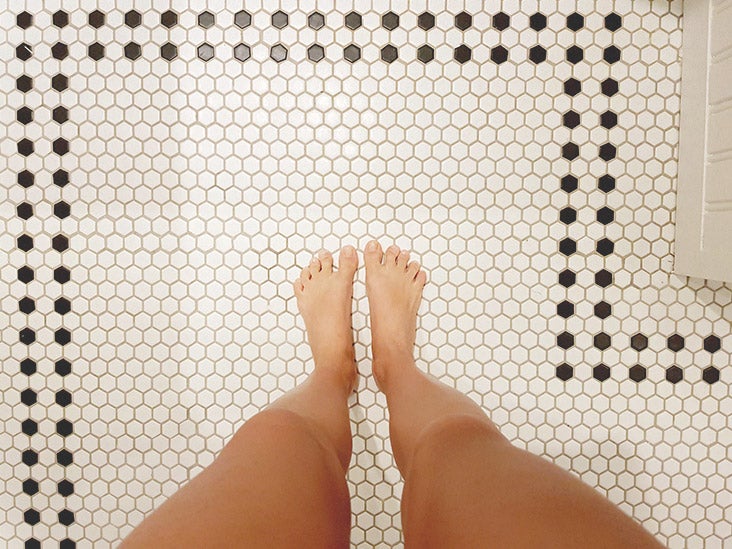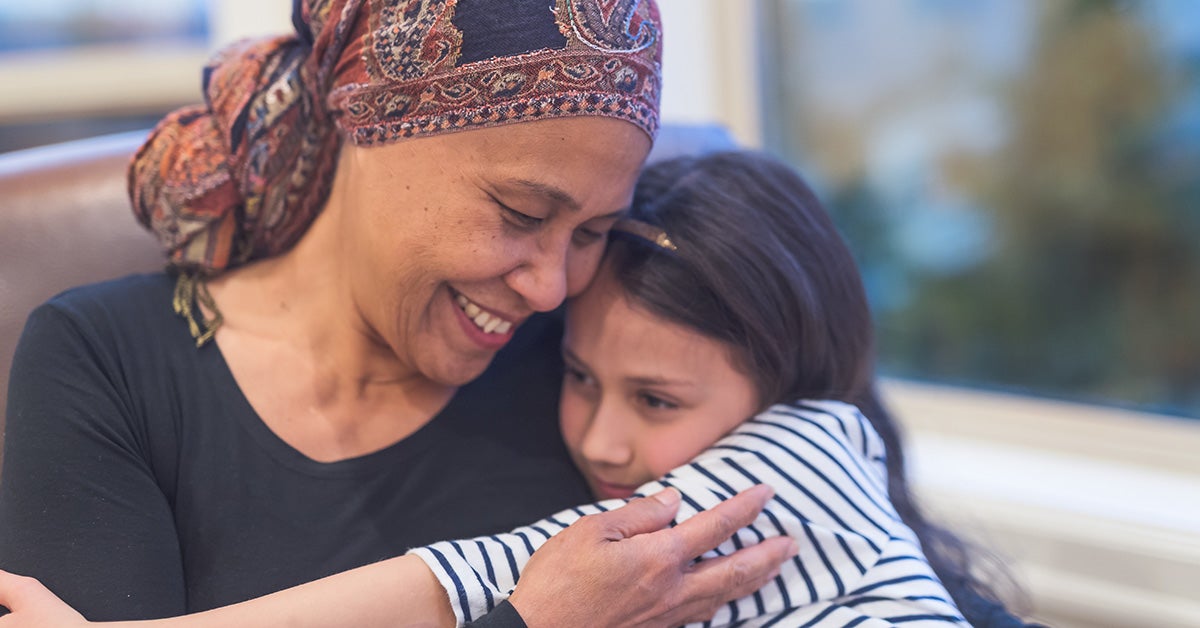Home Remedies for Chlamydia: Why They Cannot Cure This Infection
Healthline and our partners may receive a portion of revenues if you make a purchase using a link on this page.
Chlamydia is a common sexually transmitted infection (STI) caused by bacteria. The infection often doesn't cause any symptoms. Even if you don't have symptoms, chlamydia needs to be treated.
Chlamydia is curable with antibiotics. Home remedies do exist but they aren't proven. Antibiotics are the only known way to cure chlamydia. Prompt treatment can help you avoid serious complications.
Antibiotics are the most common treatment for chlamydia and can usually cure the infection quickly. Delayed treatment has been associated with complications, such as pelvic inflammatory disease (PID).
The recommended treatment for chlamydia is a single dose of azithromycin 1 g taken orally or doxycycline 100 mg taken orally twice a day for 7 days.
Alternative chlamydia treatments include:
- erythromycin base 500 mg taken 4 times a day for 7 days
- erythromycin ethylsucciante 800 mg taken 4 times a day for 7 days
- levofloxacin 500 mg taken once a day for 7 days
- ofloxacin 300 mg taken twice a day for 7 days
You should abstain from having sex until the infection resolves — usually within one to two weeks. Your sexual partner(s) also need treatment even if they don't have any signs of symptoms. This is to avoid passing the infection back and forth.
There are several home remedies for chlamydia and a number of websites claim that these home remedies can cure chlamydia. While some of the home remedies have been shown to have antibacterial properties, antibiotics are the only proven cure for chlamydia. It isn't worth the risk of infertility or illness to not treat chlamydia.
If you experience symptoms, some of these home remedies may be effective for symptom relief, but they cannot cure the infection itself.
Garlic
Garlic has a number of proven health benefits and has been a popular home remedy for centuries. It contains active compounds, such as allicin, which have been shown to have antibacterial and anti-inflammatory effects. There is evidence that garlic does kill some bacteria, but not the bacteria that causes chlamydia.
Garlic does have proven antifungal properties and has been shown to fight the growth of yeast, which may make it beneficial during antibiotic treatment for chlamydia. Antibiotics increase the risk of yeast infections.
Shop for garlic online.
Echinacea
Echinacea is used as a home remedy for a few conditions, but is best known as a natural cold and flu remedy. Echinacea extract has been shown to boost immunity and help fight certain bacterial and viral infections. A small 2017 study showed echinacea can help pain and inflammation in people with knee osteoarthritis.
While this might help relieve some of the symptoms of chlamydia, there is no evidence that it can treat the infection. If you choose to use echinacea to calm your symptoms, do it in conjunction with the antibiotics.
Shop for echinacea online.
Goldenseal
Goldenseal appears to be a home remedy for all that ails you. There are claims that it can treat a number of conditions, including upper respiratory infections, canker sores. There are even some claims that goldenseal might treat STIs, including gonorrhea and chlamydia.
Lab studies conducted in 2011 found some evidence of goldenseal's antibacterial properties, but none confirming it as a cure for any STI, including chlamydia.
Shop for goldenseal online.
Turmeric
Turmeric has been shown to provide numerous health benefits. Curcumin, a plant chemical in turmeric, has powerful anti-inflammatory properties.
A 2008 study found that a topical cream containing curcumin and three other plant compounds had effects on chlamydia in lab tests. While promising, there isn't yet enough evidence to support turmeric as a cure for chlamydia. It might be a good choice to add to antibiotic treatment.
Turmeric's natural anti-inflammatory and antioxidant properties do offer other health benefits and are safe for most people in the right dosage.
Shop for turmeric online.
Olive tree extract
Oleuropein, the major phenolic compound in olive tree extract, is known for its pharmacological activities, including anti-inflammatory, antimicrobial, and antiviral activities. It's even been shown to have an anti-cancer effect.
With so many health effects, it's not surprising it might be considered an effective home remedy for chlamydia. While there is no evidence to support olive tree extract as a way to cure chlamydia, many other proven health benefits that make it worth taking.
Olive tree extract is also called olive leaf extract. It's available in capsule form online and in health food stores. You can enjoy similar health benefits from eating olives and olive oil.
Shop for olive leaf extract online.
Diet
There are claims that you can get rid of chlamydia fast by following a special diet. These so-called chlamydia diets contain things such as certain fruits and vegetables, herbs, and probiotics. Claims of a special chlamydia diet are purely anecdotal.
However, what you eat before and after taking antibiotics may help protect your gut, restore healthy gut bacteria, and limit some of the side effects of taking antibiotics. Eating well as you treat your chlamydia with antibiotics will improve your immune function.
There are numerous risks associated with chlamydia. Risk and symptoms vary between males and females.
Risks include:
- spreading the infection to others
- infecting other parts of the body, including the eyes, throat, and anus
- painful urination
- vaginal discharge or urethral discharge
- bleeding
- lower abdominal pain
- infertility
- PID
- ectopic pregnancy
- higher risk of other STIs
- prostate infection
- epididymitis
- infecting fetus during pregnancy
Though some of these home remedies for chlamydia may offer other health benefits or provide some minor relief of symptoms, they can't cure chlamydia. Home remedies won't treat the infection, and they increase your risk for complications and infecting others.
See a doctor right away if you think you might have chlamydia. A doctor can diagnose chlamydia using a urine sample or swab.
You can get chlamydia through sexual contact with someone who has chlamydia. This includes vaginal, anal, or oral sex.
Chlamydia can only be cured with antibiotic treatment. Home remedies for chlamydia can't cure the infection, though some may offer minor relief of symptoms as you complete the entire course of antibiotics. Prompt treatment can help you avoid serious complications. See your doctor right away if you think you have chlamydia.
-
 6 interesting genetic traits that children will inherit from their parents
6 interesting genetic traits that children will inherit from their parents
-
 7 effects of asparagus on child development
7 effects of asparagus on child development
-
 Does cutting blood hair for babies bring good luck?
Does cutting blood hair for babies bring good luck?
-
 The more babies eat, the higher the height they develop, especially the second kind
The more babies eat, the higher the height they develop, especially the second kind
-
 Children with chicken pox should eat to quickly recover from the disease, without leaving a deep scar?
Children with chicken pox should eat to quickly recover from the disease, without leaving a deep scar?
-
 The more food is cooked, the better it can be for health, especially the second type
The more food is cooked, the better it can be for health, especially the second type
-
 Breast Pump: Types, How to Use, Choosing a Pump, Cost & More
Breast Pump: Types, How to Use, Choosing a Pump, Cost & More
-
 Arnica for Bruises May Also Help Relieve Pain, Swelling, and More
Arnica for Bruises May Also Help Relieve Pain, Swelling, and More
-
 Patchouli Oil: Uses, Benefits, and Side Effects
Patchouli Oil: Uses, Benefits, and Side Effects
-
 Cervix Before Period: How to Check, Changes Throughout Cycle, More
Cervix Before Period: How to Check, Changes Throughout Cycle, More
-
 Stage 4 Bone Cancer Life Expectancy: Type and Staging System
Stage 4 Bone Cancer Life Expectancy: Type and Staging System
-
 Ajovy: Dosage, Side Effects, Uses, and More
Ajovy: Dosage, Side Effects, Uses, and More






